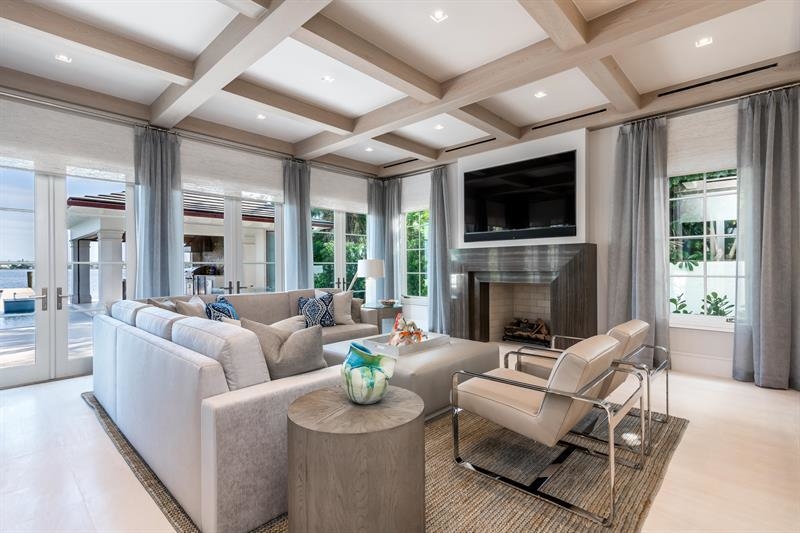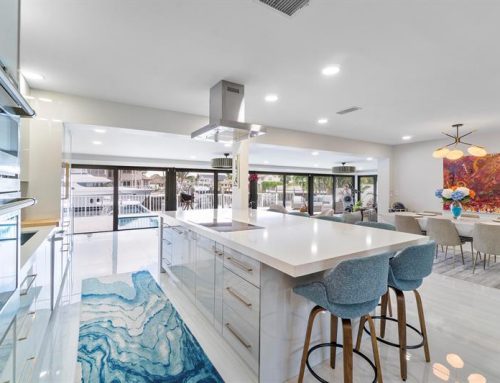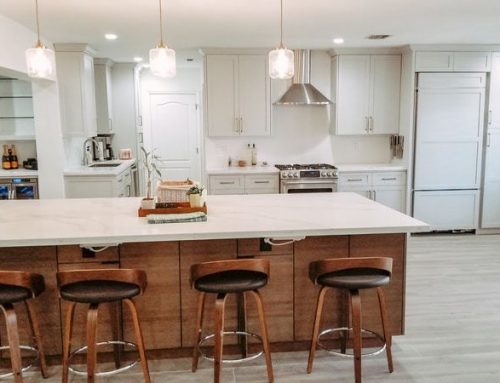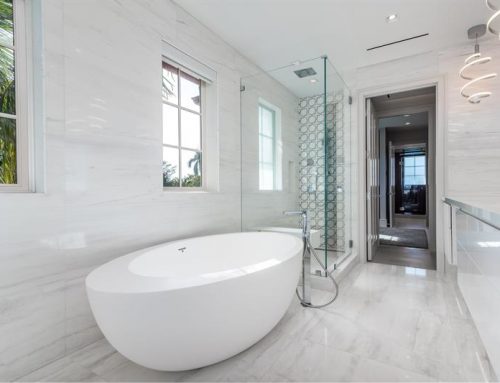- Plan Your Renovation Budget: Get quotes from several contractors. Make sure that they are all including the same items so you are comparing apples to apples. Also decide if you want the contractor to give you allowances for finishing items or if you want to purchase all finishes. Make sure that your budget is realistic with the quotes you have received and the finishes you want. If it’s not, look for areas you can save or get deals. Sometimes contractors can get better pricing than you can. When possible, take advantage of your contractor’s relationships with different vendors to get the best bang for your buck. It is also wise to have a 10% contingency budget. Sometimes there are unforeseeable costs that aren’t discovered until walls are opened. If no unexpected costs pop up, then you may be able to splurge on that decorative tile or light fixture you love.
- Get A Detailed Contract with Your Contractor: Always read the fine print. Make sure you are aware of how change orders will be handled, how disputes are resolved should they arise, what is the work schedule, and when will payments be due, etc.
- Apply For Permits: Depending on your city, HOA, or condo association, you may not be able to begin any work until you have obtained permits. The contractor will usually handle this but the paperwork still requires your signature. Getting this completed thoroughly and in a timely manner will ensure the project gets off to a smooth start and required inspections will give you peace of mind that work is being done to code.
- Communicate with the Contractor: There are many things that you want to make sure the contractor is aware of – What is your schedule? When are subcontractors able to work? How will workers get access to your home? Is there a bathroom they are able to use or would you prefer a porto-potty be on sight? Who is purchasing finishing materials? When should they be ordered and who is responsible for transport? How often would you like the contractor to touch base with updates?
- Prepare the Space: Remove all personal items. Tag any items you wish to save, like appliances and lighting fixtures. Lock away valuables. Make space for the workers to store tools and materials. If you are responsible for work space prep, cover floors, furniture, and A/C returns to control dust and debris.







Leave A Comment